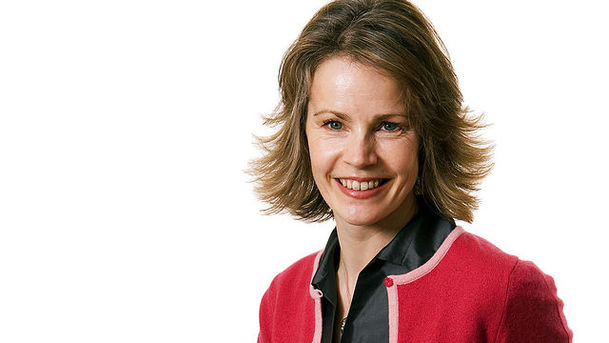Hot House Kids - Episode 1

Former prima ballerina Deborah Bull investigates the advantages and the pitfalls of being an elite performer in the arts and sport and what young people need to succeed. She also looks at the physiological advantages and problems of attaining perfection, discovering the optimum and the safe age to begin meaningful training. Deborah started ballet training at the age of seven - dangerously close to the age at which, however hard she worked, she would have been too late to consider a career on the international ballet stage today. The ability to excel at complex and extreme physical endeavours in ballet and other performing arts and sport requires a combination of two things: a highly trained body and an expert brain. To achieve the levels of excellence necessary to compete on the global job market today you have to start young, taking advantage of the brain's early plasticity and the increased potential for muscle flexibility in pre-adolescents. In the UK, most little girls (and some boys) start serious dancing and music training at around the age of seven. A UK child has some degree of choice and control and, after a few years, the ability to decide whether or not to pursue one of the activities as a professional career. However, in some countries in Eastern Europe and Asia children enter full time training as young as three - gymnastics and ballet training are key examples - and endure challenging physical and mental regimes to ensure that they are ready to compete - and achieve the highest standards as soon as they reach double figures. On a journey that takes Deborah to the Ukraine, she visits the National Ballet School in Kiev, the elite football training centre at Dynamo Kiev and the National Gymnastics centre in Kiev where she discovers why elite athletes are achieving such high levels of achievment in Eastern Europe. Because of the growing number of top-class performers coming out of Asian countries she also has contributions from members of the national ballet school in Korea. In this first programme Deborah looks at the physiological development of a young person, what happens to the body and the brain of an elite child and what key things are needed to help nurture and realise its potential. She also discovers that if a child is to avoid some of the short- and long-term injuries which result in top class training he or she may have to compromise on standards.